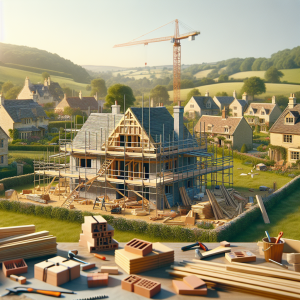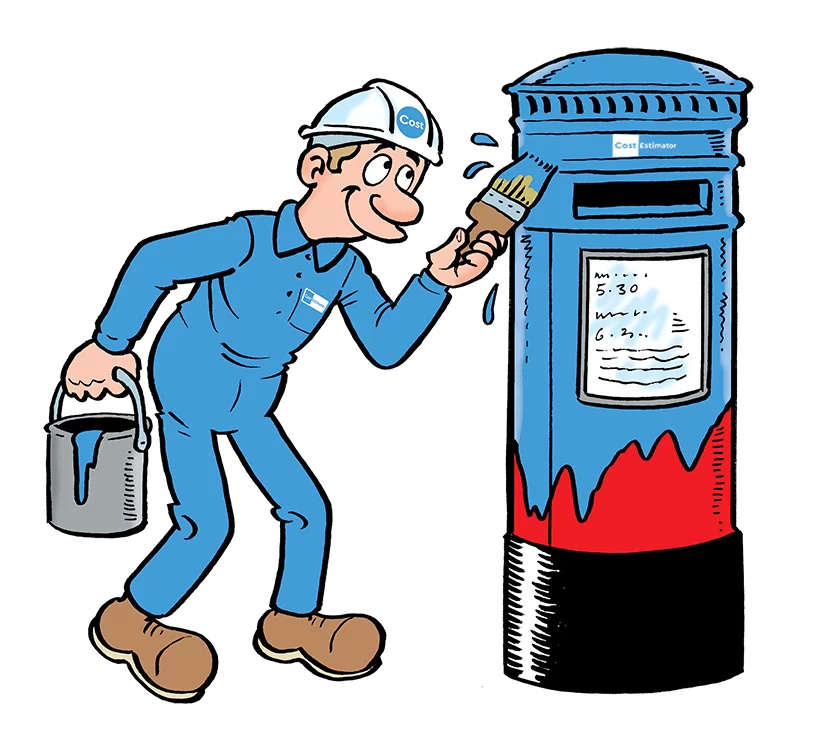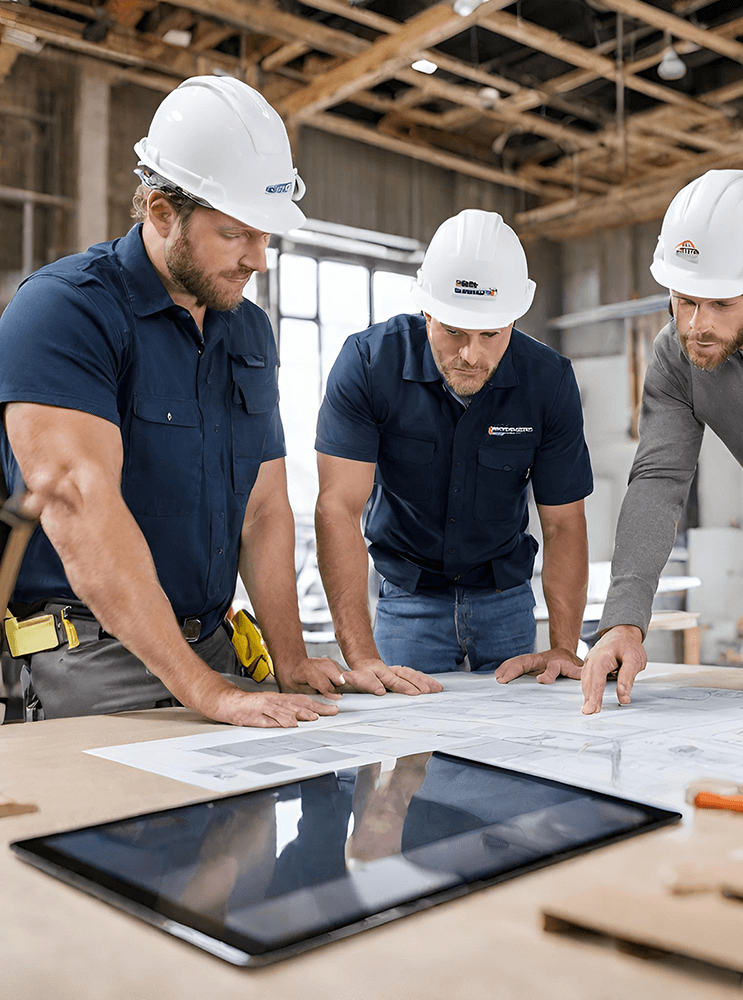With an ever-growing population and expanding economy, the UK continues to witness significant advancements in its infrastructure, housing, and public facilities. At the heart of this development lies the critical discipline of construction surveying, ensuring that all projects meet the highest standards of safety and regulation. We take a deeper look at the role of construction surveyors and the crucial services they provide.
What is Construction Surveying?
Construction surveying, or building surveying, is the practice of accurately measuring and verifying the layout and dimensions of construction projects. It is essential for the proper placement of buildings, utilities, and other infrastructures, ensuring compliance with all governmental and engineering standards to uphold the safety and functionality of new structures.
The Integral Services in Construction Surveying
Construction surveying includes several key services that cater to the individual needs of each project:
- Topographic Surveys: Essential for understanding land contours and planning construction projects efficiently.
- Quantity Surveys: These assist in the accurate estimation of materials and costs involved in the project, factoring in all variables from labour to logistics.
- Site Set-out: This crucial step involves marking out exact construction points based on approved plans to ensure compliance with design specifications.
- Drainage and Utility Surveys: Important for planning effective drainage systems and safe utility placements, preventing future infrastructure issues.
- Elevation and Verification Surveys: These ensure the project aligns with its design throughout the construction process and upon completion.
- Building Condition Surveys: These are crucial in assessing the condition of existing structures, identifying any issues that need addressing before renovation or expansion.
Technologies Transforming Construction Surveying
Modern surveying techniques greatly surpass older methods, offering enhanced accuracy through high-tech equipment:
- Electronic Distance Measurement (EDM): Uses light and radio waves to measure distances precisely.
- Global Positioning System (GPS): Critical for large-scale spatial positioning such as marking boundaries and constructing layouts.
- Total Stations: A versatile tool that gathers a range of data from angles to distances crucial for detailed construction planning.
- Automatic Levels: Ensures level measurements across the construction site, crucial for structural integrity.
- Unmanned Aerial Vehicles (UAVs) or Drones: Used for aerial site surveys, 3D modeling, and monitoring, providing a comprehensive view of the construction site.
The Indispensable Role of Construction Surveyors
From the inception of a project, construction surveyors are instrumental. They provide vital data that informs everything from design to site selection, mitigating potential risks by understanding environmental constraints. As the project unfolds, their ongoing assessments ensure that the construction stays true to its specifications, preventing costly mistakes and project delays that stem from design deviations.
Moreover, by ensuring that all construction complies with regulatory and safety standards, surveyors maintain the integrity and quality of the building environment, safeguarding both workers and future occupants. Regular surveys during the construction phase help identify any discrepancies early, ensuring the durability and safety of the finished structure.
Conclusion
Construction surveying is integral to the successful completion of any building project. Through the combination of precise surveying techniques and the expertise of skilled surveyors, this practice helps bridge the gap between architectural plans and the final, physical structures that we depend on every day. By ensuring accuracy and compliance at every stage, construction surveyors not only facilitate successful project completion but also contribute to the creation of safe, sustainable, and efficient infrastructure.
FAQs
-
- What is the main role of a construction surveyor?
A construction surveyor’s main role is to ensure accuracy in the measurements and implementation of construction projects, guaranteeing that everything is built according to exact specifications and standards. - Why are topographic surveys important in construction?
Topographic surveys are crucial for understanding the land’s contours and features, which is essential for planning and executing construction projects effectively. - How do modern technologies like GPS and drones change construction surveying?
Technologies like GPS and drones bring unparalleled accuracy and efficiency, allowing for real-time data collection and visualization, which greatly improves project planning and monitoring. - What is a building condition survey?
A building condition survey assesses the current state of a building, identifying any issues that need to be addressed before renovation or further construction. - What is a quantity survey and why is it important?
A quantity survey accurately estimates the materials and costs involved in a project, helping to manage the budget and ensure efficient resource allocation. - How do site set-out surveys impact construction projects?
Site set-out surveys ensure that construction points are marked out precisely according to approved plans, which is crucial for maintaining design integrity and compliance. - What role do drainage and utility surveys play in construction?
Drainage and utility surveys are vital for planning effective drainage systems and safe utility placements, preventing future infrastructure issues.
- What is the main role of a construction surveyor?











